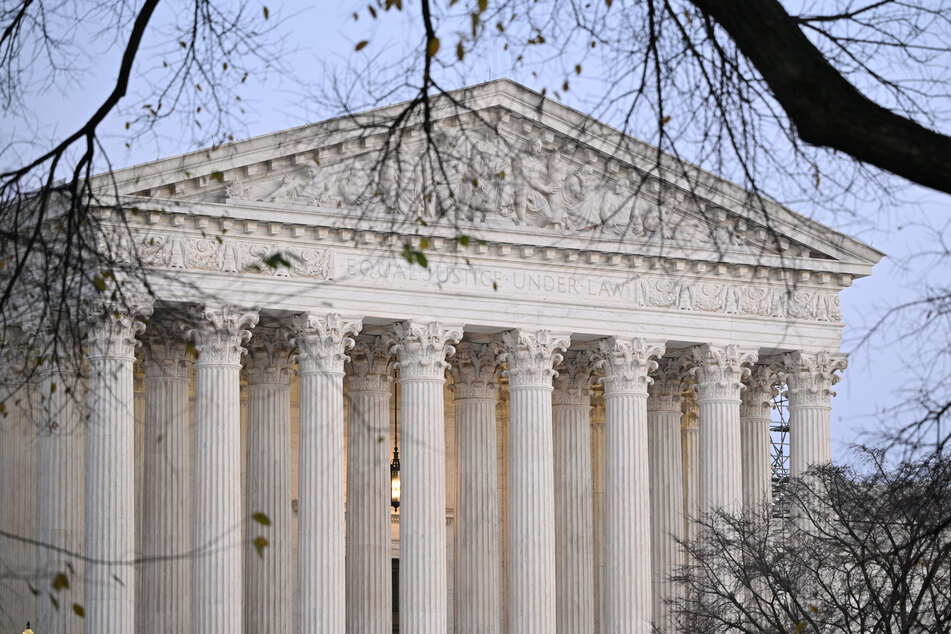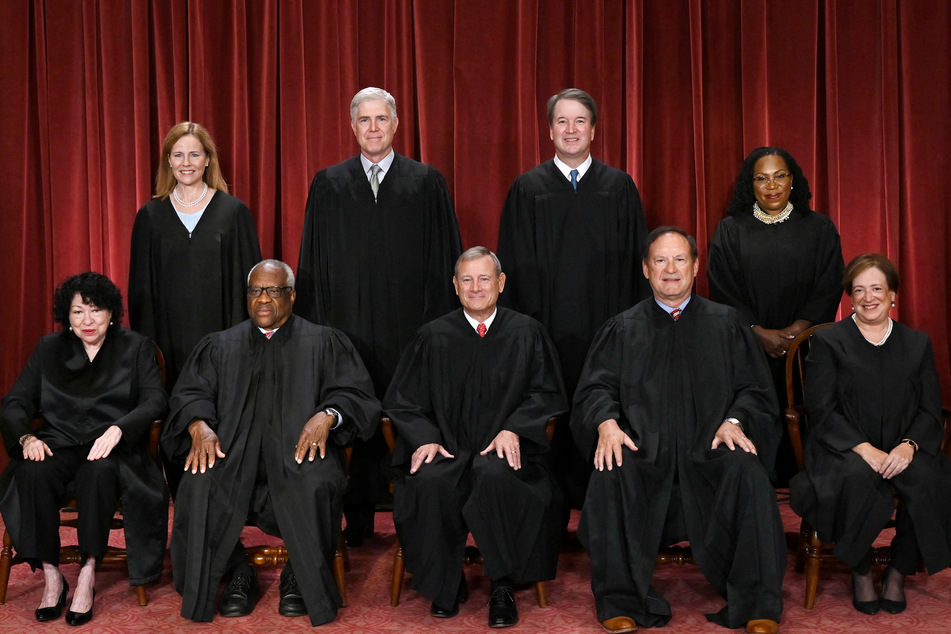Supreme Court adopts new Code of Conduct after ethics scandals
Washington DC - The Supreme Court unveiled an ethics code on Monday following a series of scandals over lavish gifts and luxury vacations received by some of its justices.

The nine members of the nation's highest court are the only federal judges not explicitly subject to ethical oversight, and pressure has been mounting from Democrats in the Senate for them to adopt a code of conduct.
In a statement, the Supreme Court said the absence of a formal code had led to a "misunderstanding that the Justices of this Court, unlike all other jurists in this country, regard themselves as unrestricted by any ethics rules."
"To dispel this misunderstanding, we are issuing this Code, which largely represents a codification of principles that we have long regarded as governing our conduct," the court said.
"For the most part, these rules and principles are not new," the court said. "The Court has long had the equivalent of common law ethics rules."
Adoption of the code comes some seven months after the non-profit ProPublica news outlet reported that Justice Clarence Thomas had accepted years of luxury travel trips from a billionaire Republican, including yachting in New Zealand and private jet flights across the globe.
ProPublica also reported in June that another conservative justice, Samuel Alito, had flown to Alaska in 2008 for a luxury fishing trip on a private jet owned by a billionaire hedge fund manager who later had cases before the court.
Both Thomas and Alito have denied any impropriety.
How will the Supreme Court's ethics code be enforced?

The nine-page Code of Conduct, which was signed by all nine justices, requires them to "uphold the integrity and independence of the judiciary" and "avoid impropriety and the appearance of impropriety in all activities."
"A Justice should not allow family, social, political, financial, or other relationships to influence official conduct or judgment," it says.
The code also includes rules on acceptance of gifts and bars justices from speaking at events "sponsored by or associated with a political party or a campaign for political office."
Democratic Senator Sheldon Whitehouse, a member of the Senate Judiciary Committee, called the adoption of a code of conduct "long-overdue" but insufficient.
"A code of ethics is not binding unless there is a mechanism to investigate possible violations and enforce the rules," Whitehouse said in a statement.
"The honor system has not worked for members of the Roberts Court," the senator said in a reference to John Roberts, the chief justice of the conservative-dominated court.
The court's popularity is near historic lows, with a recent Gallup poll finding that only 41 percent of Americans approve of the job it is doing.
Republicans were considerably more likely to have a favorable opinion of the court than were Democrats.
Cover photo: MANDEL NGAN / AFP

